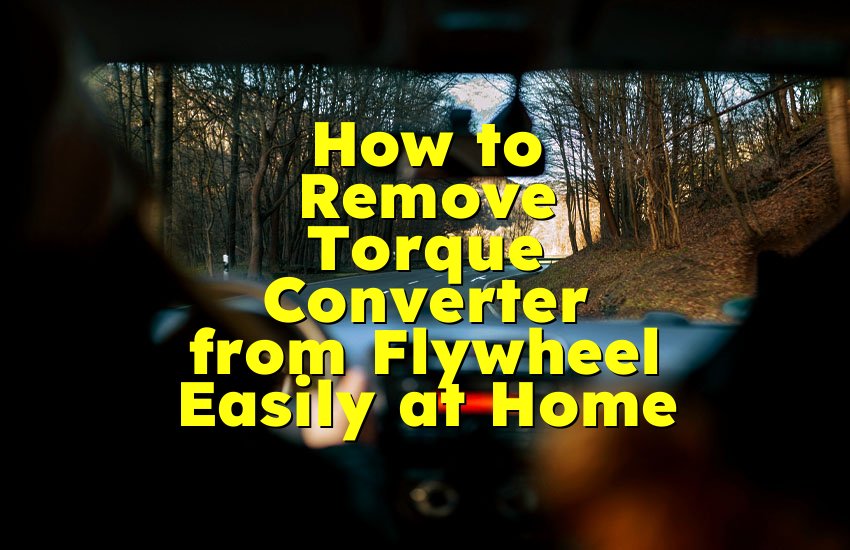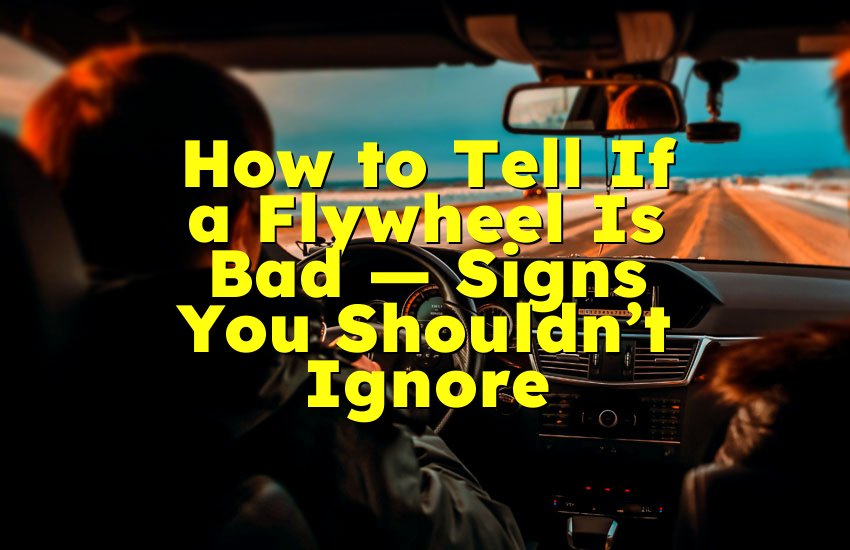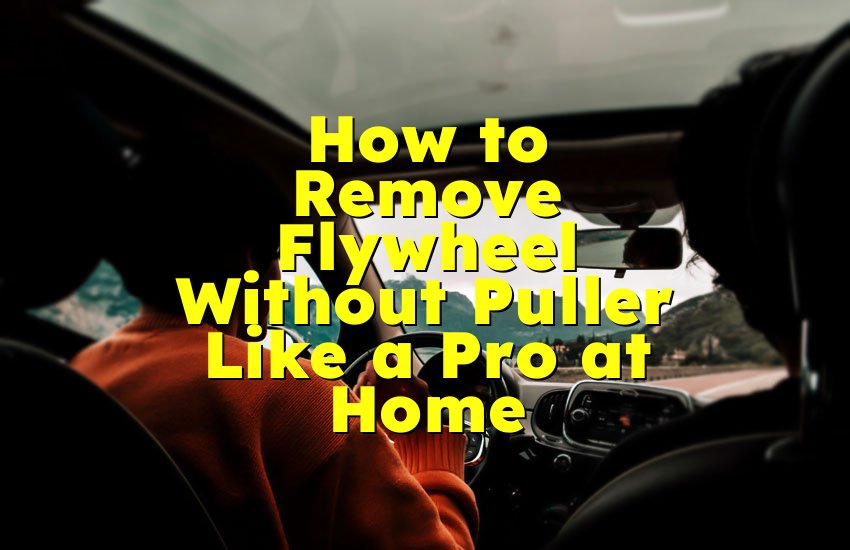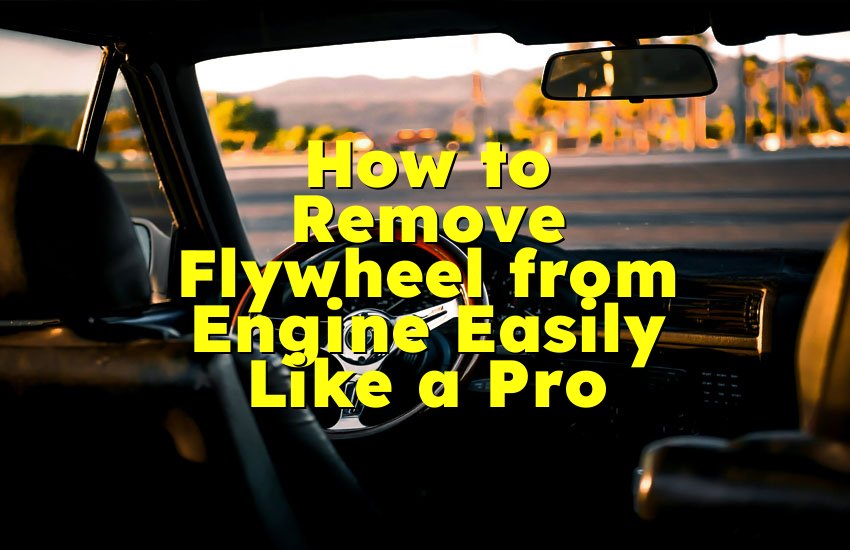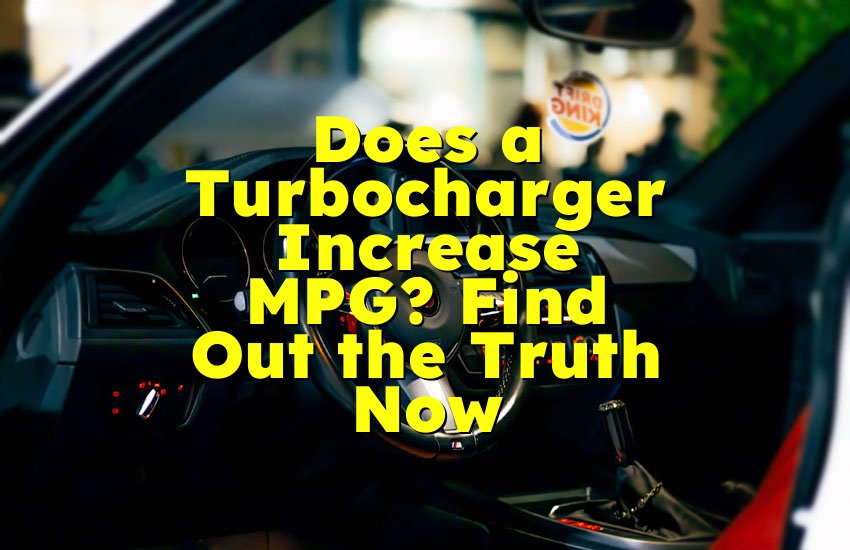As an Amazon Associate, I earn from qualifying purchases at no extra cost to you.
How Often to Change Engine Air Filter Toyota (Expert Guide)
Have you ever wondered why your Toyota feels less smooth to drive over time? I remember the day my Corolla started feeling slow, almost lazy. The mechanic took one look and said, “You need a new air filter.” That moment taught me how often to change engine air filter Toyota needs for top performance. In this article, you will learn exactly when to replace it, why it matters, and how it can save you money in the long run.
Understanding What an Engine Air Filter Does
An engine air filter in your Toyota is like your lungs’ first line of defense. It makes sure only clean air goes into the engine. This small but powerful part catches dust, dirt, and even tiny bugs before they can get inside. Your Toyota’s engine needs the right mix of air and fuel to run well, and a dirty filter can throw that balance off.
When the filter is clean, air flows freely into the engine. This helps with fuel burning, keeps the engine running smooth, and even improves fuel economy. But if it gets too dirty, the engine has to work harder, fuel use goes up, and performance drops. In some cases, it can even lead to costly engine damage.
Toyota designs their cars with air filters that match the engine’s needs. Whether you drive a Camry, Corolla, RAV4, or Tacoma, the filter’s job is the same: protect the engine and keep it breathing clean. The location of the filter can be different in each model, but usually, you can find it inside a rectangular box under the hood.
Many Toyota owners do not think about the air filter until something goes wrong. That is a mistake because this part is cheap to replace but expensive to ignore. By learning when to replace it, you can keep your Toyota running better for longer and avoid breakdowns.
It is important to understand that a filter in a dusty area will get dirty faster than one in a clean environment. If you often drive on dirt roads or in heavy traffic with lots of dust, you may need to change it more often than the general advice.
- Keeps dirt and debris out of the engine
- Helps the engine run smooth and efficient
- Improves fuel economy
- Prevents costly engine repairs
- Location can vary by Toyota model
Recommended Mileage and Time Intervals for Toyota Air Filters
Toyota generally recommends changing the engine air filter every 15,000 to 30,000 miles, depending on your driving conditions. If you drive mostly on highways in clean air areas, you might be fine closer to the 30,000-mile mark. But if you often drive in dusty areas, heavy city traffic, or on gravel roads, you should check and possibly change it every 15,000 miles or even sooner.
Time is also a factor. Even if you do not drive a lot, the filter can still gather dust and moisture over time. This means you should replace it at least once every 2 to 3 years, even if you have not hit the mileage limit. Some Toyota models, like the Highlander or Tacoma, may have slightly different recommendations in the owner’s manual, so it is always smart to check there too.
Ignoring these intervals can lead to a slow drop in your Toyota’s performance. You might notice it takes more fuel to go the same distance or the engine sounds louder when you press the gas. This is your car’s way of saying it cannot breathe well anymore.
In very dusty or polluted areas, you may even need to inspect the air filter every 6 months. Checking is easy and takes only a few minutes. Most Toyota air filter boxes have simple clips or screws that you can open without special tools.
Many Toyota owners save money by replacing the filter themselves. You can find replacement filters at auto stores, online, or from Toyota dealers. Just make sure to get the right size and type for your model. Using a cheap, poor-quality filter can let harmful particles into your engine.
The best way to decide your replacement schedule is to think about both mileage and environment. If you often see dust on your car after parking outside, your filter is probably collecting a lot of it too. That means more frequent changes will help keep your Toyota in top shape.
- Change every 15,000–30,000 miles depending on driving conditions
- Replace every 2–3 years even with low mileage
- Check more often in dusty or polluted areas
- Owner’s manual may give model-specific intervals
- Easy to replace yourself with the right filter
Signs Your Toyota’s Engine Air Filter Needs Changing
Your Toyota will give you signs when the air filter is too dirty. One of the first signs is reduced acceleration. You might press the gas and notice the car feels less responsive. This is because the engine is not getting enough clean air.
Another sign is poor fuel economy. If you find yourself filling up more often, the filter might be clogged. The engine works harder when the airflow is restricted, and that means it uses more fuel.
You might also hear unusual engine sounds, especially when accelerating. A struggling engine often sounds louder or rougher. In some cases, you may notice dark exhaust smoke, which means the fuel is not burning completely due to poor airflow.
Sometimes, a visual check is all you need. A clean filter will be light-colored, usually white or off-white. A dirty filter will look gray, brown, or even black, with visible dust or debris. If you tap it gently and a cloud of dust comes out, it is time for a replacement.
If your Toyota has trouble starting, a clogged filter might be part of the problem. While other issues can cause hard starts, low airflow can make it harder for the engine to fire up.
Checking your filter regularly helps you catch problems early. Even if you do not notice any signs, replacing it on schedule is still important. Sometimes a filter can be dirty enough to hurt performance without showing obvious symptoms.
- Reduced acceleration or sluggish performance
- Poor fuel economy and more frequent refueling
- Unusual or louder engine sounds
- Dark smoke from exhaust
- Filter looks dirty or clogged upon inspection
How Driving Conditions Affect Air Filter Life in a Toyota
Where and how you drive can make a big difference in how often your Toyota’s air filter needs changing. If you drive mostly on highways with clean air, your filter will stay cleaner for longer. But if you live in a dusty or sandy area, like near deserts or construction zones, it will get dirty much faster.
City driving can also wear out the filter faster. Traffic jams, frequent stops, and polluted urban air mean the filter is constantly catching tiny particles. If you commute daily through busy streets, you might need to change the filter sooner than the standard mileage suggests.
Driving off-road or on gravel roads is one of the toughest conditions for an air filter. The dust from the ground can quickly clog it. In these cases, checking the filter every 5,000 to 10,000 miles is a smart idea.
Seasonal changes can also play a role. During pollen season, filters can fill up faster, especially if you live in areas with lots of trees or farmland. Winter road salt is less of a problem for air filters, but if you drive behind snowplows, some debris can still get inside.
Long idling times, like waiting in line at a drive-thru or warming up your car in winter, can also cause more dust buildup. The engine is still pulling in air even if the car is not moving, so particles in the air will still collect in the filter.
Understanding your driving conditions helps you choose the best replacement schedule. It is better to change it a little early than to risk engine problems from a clogged filter.
- Dusty or sandy environments cause faster wear
- City driving with pollution reduces filter life
- Off-road and gravel driving clogs filters quickly
- Pollen season can speed up clogging
- Long idling also increases dust buildup
Choosing the Right Air Filter for Your Toyota
Not all engine air filters are the same. Toyota models use specific sizes and designs to fit perfectly and seal tightly. If the filter does not fit well, unfiltered air can slip through and damage the engine. That is why choosing the right filter is important.
You have two main choices: OEM (Original Equipment Manufacturer) filters and aftermarket filters. OEM filters are made by Toyota or their approved suppliers. They fit perfectly and meet Toyota’s quality standards. Aftermarket filters can be cheaper, but the quality can vary. Some high-quality aftermarket brands perform as well as OEM, but others do not filter as well or fit properly.
There are also reusable performance filters made of cotton or foam. These can be washed and reused, which saves money over time. However, they require careful cleaning and oiling to work correctly. If not maintained well, they can actually harm your engine.
When buying a filter, always check your owner’s manual for the correct part number. Online auto parts stores and Toyota dealers can match your vehicle to the right filter. Avoid very cheap, no-brand filters, as they may have poor filtration and weak frames.
Material also matters. Most Toyota filters are made of paper, which is very effective at trapping small particles. Performance filters may allow slightly more airflow, but they may also let more dirt through.
Choosing the right filter is not just about performance. A good filter helps your Toyota last longer, reduces repair costs, and keeps fuel use low. Spending a little more for the right one is worth it.
- Use OEM or high-quality aftermarket filters
- Check your owner’s manual for the correct part number
- Avoid cheap, low-quality filters
- Consider reusable filters only if you maintain them properly
- Paper filters are reliable for most Toyota drivers
How to Inspect and Replace the Air Filter Yourself
Inspecting and replacing your Toyota’s air filter is one of the easiest maintenance tasks you can do. You do not need special tools, and it usually takes less than 10 minutes.
First, open the hood and find the air filter box. This is usually a black plastic box near the front or side of the engine bay. It has clips or screws holding it shut. Check your owner’s manual if you cannot find it.
Release the clips or remove the screws, then lift the cover. You will see the filter inside. Gently take it out and hold it up to the light. If you can barely see light through it, or if it looks dirty, it is time to replace it.
Before putting in the new filter, check the inside of the box for dirt or debris. Wipe it clean with a dry cloth. Place the new filter in the same direction as the old one, making sure it sits flat and seals all around the edges.
Close the box and secure the clips or screws. That is it—you are done. No need for special skills or expensive tools.
Replacing the filter yourself can save you $20–$50 in labor costs at a shop. Plus, you can check it more often without paying someone else to do it.
- Find the air filter box under the hood
- Open it by releasing clips or screws
- Remove the filter and check against light
- Clean the box before installing the new filter
- Secure the box and you are finished
Final Thoughts
Changing the engine air filter in your Toyota is simple but powerful maintenance. Doing it on time keeps your engine healthy, improves fuel economy, and saves you from bigger repair bills. Whether you drive in the city, on highways, or off-road, knowing your conditions and checking your filter regularly will keep your Toyota breathing easy for years.
| Condition | Mileage Interval | Time Interval | Notes |
|---|---|---|---|
| Clean highway driving | 25,000–30,000 miles | 3 years | Check sooner if performance drops |
| City driving | 15,000–20,000 miles | 2 years | Pollution and stop-and-go traffic shorten life |
| Dusty/off-road driving | 5,000–15,000 miles | 1 year | Inspect often, may need early change |
| Low annual mileage | — | Every 2–3 years | Time can still cause dust buildup |
Frequently Asked Questions (FAQs)
Is it bad to drive with a dirty air filter in my Toyota?
Yes, driving with a dirty air filter can hurt your Toyota’s performance and fuel economy. When airflow is blocked, the engine has to work harder, which means more fuel use and possible damage over time. You might notice slower acceleration, rough engine sounds, and dark exhaust smoke. In the long run, this can lead to costly repairs. Changing it on time avoids these problems and keeps your Toyota healthy.
Can a dirty air filter cause my Toyota to use more fuel?
Yes, a clogged filter makes the engine work harder, which burns more fuel. Air is needed for proper fuel burning in the engine, and when there is less clean air, the mixture becomes too rich with fuel. This leads to more frequent trips to the gas station. By keeping your filter clean and replacing it on schedule, you can improve fuel economy and save money.
Is it easy to change the engine air filter in a Toyota?
Yes, most Toyota models make it very easy. You just open the hood, find the filter box, release a few clips or screws, and swap the filter. No special tools or skills are needed, and it usually takes less than 10 minutes. Doing it yourself also saves you the labor cost at a repair shop and lets you check it more often.
Can I clean and reuse my Toyota’s paper air filter?
No, most Toyota engine air filters are designed for one-time use and should not be washed or reused. Washing can damage the filter material, making it less effective at trapping dirt. Some aftermarket filters are reusable, but they require special cleaning and oiling. If you want a reusable filter, make sure it is designed for your Toyota model and follow the care instructions carefully.
Do I need an OEM filter for my Toyota?
You do not need to use an OEM filter, but it is often the safest choice. OEM filters are made to fit perfectly and meet Toyota’s quality standards. High-quality aftermarket filters can work just as well, but avoid very cheap ones with poor filtration. Always check your owner’s manual for the correct size and part number before buying any filter.
Is it okay to wait until I see signs before changing the filter?
Not always. By the time you see clear signs like poor acceleration or dark exhaust smoke, your filter might already be affecting performance and fuel economy. Toyota’s recommended schedule helps prevent these problems before they start. Checking it regularly and replacing it on time is better than waiting for symptoms.
Can a dirty air filter damage the engine in my Toyota?
Yes, if the filter is too dirty or damaged, it can let dust and debris into the engine. Over time, this can scratch and wear internal parts, leading to expensive repairs. Even if it does not cause direct damage right away, it can still reduce performance and increase fuel use. Keeping the filter clean is an easy way to protect your engine.
Do I need special tools to replace the engine air filter in my Toyota?
No, most Toyota air filter boxes are designed to open without special tools. You may need a screwdriver for some models, but usually, you can just release clips by hand. This makes it a quick and simple task for most car owners to do at home without any mechanical experience.




